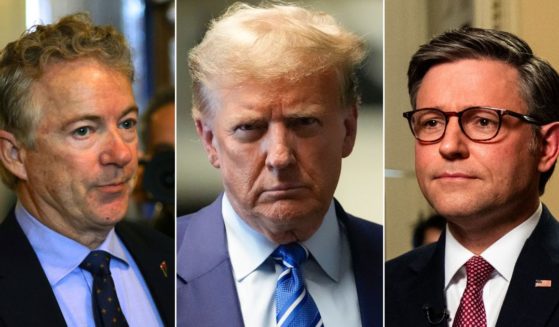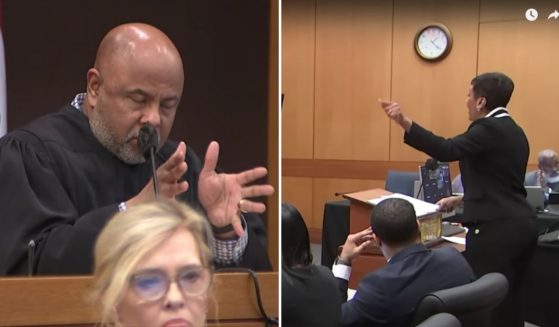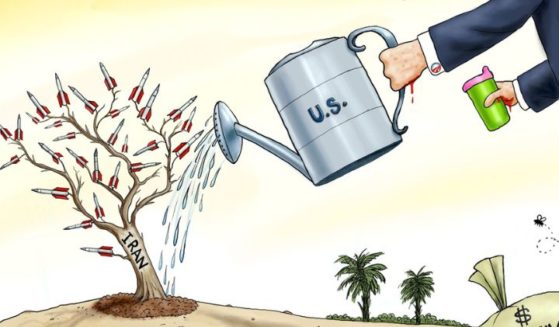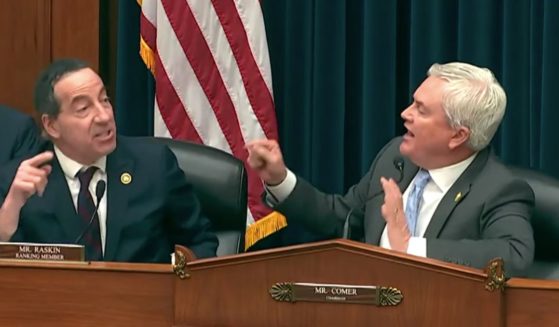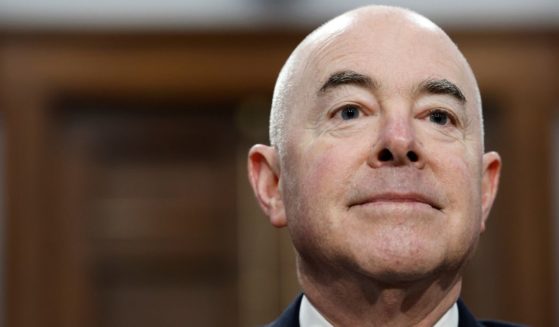Prescription drug prices return to Capitol Hill spotlight
Patient bills, competition and secrecy shared the spotlight Tuesday as pharmacy benefit managers testified before Congress about prescription drug prices.
Members of a Senate Finance Committee investigating drug costs pushed the benefit managers to explain why they can’t do more to control prices and to reveal the details behind the contracts they negotiate. The hearing was the committee’s third so far this year focused on the high cost of prescriptions.
Executives from CVS Health, UnitedHealth Group’s OptumRx and Cigna testified. Here are some key points about the issue:
WHO THEY ARE
Pharmacy benefit managers, or PBMs, run prescription drug coverage for employers, insurers, unions and other clients. They set up lists of covered drugs that are often broken into tiers with different pricing levels for the patient. They negotiate rebates for some drugs to help offset high initial or list prices.
Three PBMs dominate the U.S. market. CVS Health’s Caremark business, UnitedHealth’s OptumRx and Cigna’s recently acquired Express Scripts each process over a billion prescriptions annually.
The trio controlled about 76 percent of the market last year, according to the research firm Drug Channels Institute.
THE DEBATE
Critics see PBMs as middlemen who add costs to an already expensive system for prescription drugs.
Drugmakers point to the rebates as part of the problem.
They say they have to offer them to land some of their products on a PBM’s list of covered drugs or a less-expensive tier, and this contributes to higher list prices. High list prices hurt patients who have to pay a big deductible when they fill a prescription.
Sen. Ron Wyden, D-Ore., criticized the companies for “gouging” their customers by charging them higher drug prices than what they negotiated with drugmakers. He also said the companies guard their operations “with greater secrecy than HBO is guarding the ending of ‘Game of Thrones.'”
“Whether pharmacy benefit managers bring any real value to taxpayers is a mystery,” Wyden said.
Committee Chairman Chuck Grassley, R-Iowa, questioned whether PBMs prefer high-cost drugs that come with big rebates over cheaper drugs.
PBM TAKE
PBMs say they do several things to help control costs, but drugmakers are the only ones responsible for setting their initial prices.
When drugmakers produce competing products to treat the same condition — like with hepatitis C drugs — PBMs use that competition to wrangle price breaks in exchange for coverage.
They use the leverage that comes from all the prescriptions they process to negotiate rebates, and they urged lawmakers to make it easier for patients to get access to lower cost drugs like generic medications.
“When we have competition, we can bring down drug prices,” said CVS Health’s Derica Rice, a former executive with the drugmaker Eli Lilly and Co.
PBMs say they only offer rebates on around 8% of the prescriptions they process, and they pass along most of those discounts to payers like insurers or large employers. They said they want to offer more of those rebates directly to patients when they buy the drugs, an upfront approach to the discounts favored by President Donald Trump’s administration.
PBM executives also said they can’t make the details of their negotiations with drugmakers public because that would hurt their leverage for getting future discounts.
WHAT’S NEXT
Senators have already grilled pharmaceutical leaders about prescription drug prices and heard testimony from people affected by the soaring cost of insulin for patients with diabetes. Members of the House of Representatives also are looking into drug costs.
Grassley and Wyden have said they are working to look for ways to bring down high prescription drug costs
Democrats want Medicare to leverage its purchasing power and directly negotiate prices with the industry, a step most Republicans oppose. Grassley has called for a greater public accounting of how drug prices are set.
___
Follow Tom Murphy on Twitter: @thpmurphy
___
The Associated Press Health and Science Department receives support from the Howard Hughes Medical Institute’s Department of Science Education. The AP is solely responsible for all content.
The Western Journal has not reviewed this Associated Press story prior to publication. Therefore, it may contain editorial bias or may in some other way not meet our normal editorial standards. It is provided to our readers as a service from The Western Journal.
Truth and Accuracy
We are committed to truth and accuracy in all of our journalism. Read our editorial standards.

